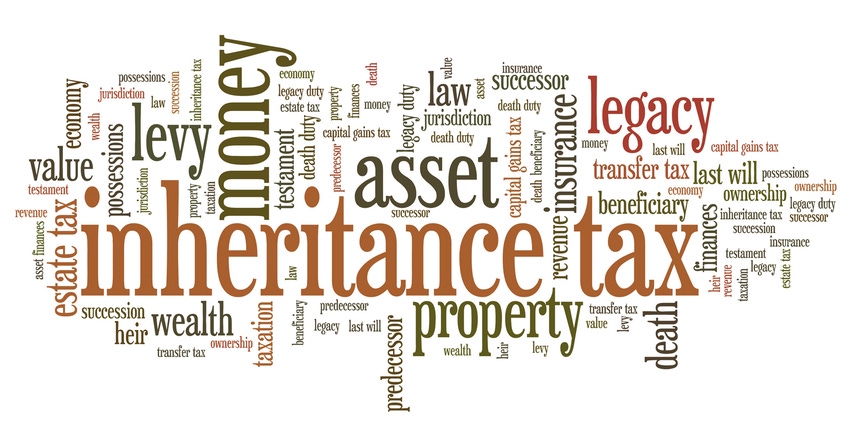October 28, 2020

There is an old adage, “Nothing is certain in life but death and taxes.” Well, death and taxes are popular topics around the subject of estate planning. Understanding how your death affects the taxes others will pay is critical to having an effective estate plan. In this month's column, I will give you an overview of those tax impacts.
Death taxes
Death taxes include the federal estate tax and possibly an estate or inheritance tax in your state. None of the Western states, with the exceptions of Washington and Oregon, have a state death tax. As a result, most of us in the West are only subject to the federal estate tax. If you die in 2020, each individual has an exemption which exempts $11.58 million in assets you leave to someone other than your spouse from federal estate taxation. You may leave your spouse an unlimited amount, and it will be exempt from federal estate taxes upon your death.
Capital gains taxes
An individual's death can affect the capital gains that will be recognized on assets you hold at the time of your death. Under the current law, if an asset is included in your taxable estate, the asset will receive an adjustment in its tax basis to the value on the date of your death. The adjustment in tax basis can be up or down, depending on if the asset has depreciated, or increased in value, while you owned it.
This rule applies regardless of whether or not your family actually writes a check to pay estate tax after your death. This tax benefit of dying can provide a significant advantage to your family after your death if they want, or need, to sell assets that have appreciated. Planning to maximize the increase in tax basis and minimize any decrease in tax basis at every opportunity can significantly reduce future taxation. If you pass assets outside of your taxable estate (i.e., by gifting assets to family members prior to your death) you are likely giving up this tax benefit.
Income taxes
The assets that you leave your children upon your death are not taxable income to your children. Depending on the type of asset, the asset may carry income tax consequences onto the child. Retirement accounts and annuities are tax-deferred assets that are not entitled to an adjustment in basis at the time of your death. So, your family will have to pay the deferred tax related to those assets at some point after your death.
Also, income taxation related to leaving assets in trust (which provides protections for your spouse and children) are an issue to be addressed carefully. The benefits of leaving assets in trust are significant. Protecting your family from predators, creditors, ex-spouses and catastrophic healthcare expenses, and from future death taxation, while allowing them to have practical control over the assets, is generally preferred over an outright distribution without protection. Unfortunately, when assets are held in trust, they are subject to a different set of tax brackets.
Trusts pay tax at higher rates at much lower income levels than individual taxpayers. Additional planning is necessary to avoid income being taxed in higher tax brackets. Thankfully, the current environment provides several strategies that, for most beneficiaries, will allow them to include the income on their personal return — so the tax will be calculated based upon the more favorable individual tax brackets.
An additional benefit is that many of these strategies allow that to occur even if the beneficiary chooses to continue to reinvest the income inside the protected trust environment.
When you prepare or update your estate plan, you now have a better understanding of some of the tax effects that result from your death. You should always consult with an experienced and knowledgeable professional who understands the interaction of these various tax implications and the latest strategies to put your family in a position to minimize the amount of tax. Doing so will also allow you to rest comfortably in the knowledge that you have put an effective estate plan in place that will benefit your family upon your death, and for years to come.
Dolan, an attorney, helps farm and ranch families achieve comprehensive estate, succession and legacy planning objectives. He is the principal of Dolan & Associates, P.C,. in Brighton and Westminster, Colo. Learn more at his website, estateplansthatwork.com.
About the Author(s)
You May Also Like






